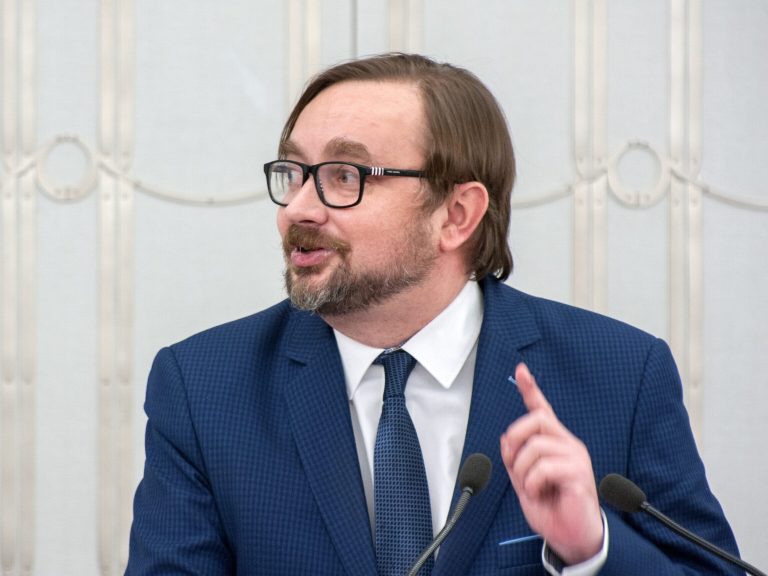The Ombudsman sent his opinion to the ECtHR. He criticized the treatment of migrants at the border

The Ombudsman has sent an opinion to the European Court of Human Rights on the treatment of migrants at the Polish-Belarusian border. He was extremely critical of the provisions contained in the regulation of the Deputy Minister of Internal Affairs and Administration, Maciej Wąsik.
The Ombudsman was asked for an opinion in connection with the complaints of five foreigners who demanded justice before the ECtHR. These were events known to the public as the migration crisis, which began in the summer of 2021. The complainants, who tried to get to Poland from Belarus several times, told about the push-back method used against them. As a result, they were stuck in a forest area without food, water and in difficult weather conditions.
RPO on push-backs
The main complaint was the lack of a formal decision by the Polish side against which the migrants could appeal. They emphasized that in some cases they were not informed about the reasons for detention. They also complained about guarded centers for foreigners and their detention in the custody of the Border Guard in violation of the deadlines.
Ombudsman Marcin Wiącek was critical of the regulation of the Ministry of Interior and Administration on the temporary suspension or restriction of border traffic at specific border crossings and the amendment to this regulation, signed by Deputy Minister Maciej Wąsik. It was on this basis that certain people were returned to the state border, i.e. the so-called push-backs.
Ombudsman: Foreigners have no chance
Wiącek talked about depriving foreigners of the opportunity to effectively submit an application for protection on the territory of the Republic of Poland, guaranteed by the provisions of our, EU and international law. He completely criticized the amendment, which deprived foreigners of the right to express their opinion about their situation. He emphasized that they should have at least the rights of detained persons.
– Although it is formally possible to appeal against the action of reversal to an administrative court, such a complaint requires knowledge of the provisions of the law on proceedings before administrative courts. It is not a classic means of appeal about which foreigners would be instructed, and it does not have a suspensive effect, Wiącek pointed out.
– Therefore, the return takes place without the possibility of submitting an effective appeal to a higher authority or court. Therefore, the act of returning to the border line, as described in the Border Regulation, leads to a violation of Art. 13 of the Convention for the Protection of Human Rights and Fundamental Freedoms in connection with Art. 4 of Protocol No. 4 to the ECHR – he added.
Temporary centers for foreigners
The Ombudsman regretted the return of people to the border line despite the danger they faced in Belarus, poor health, disability or young age. He gave examples of families with small children, including a 4-month-old baby, being turned away. He emphasized that people speaking languages that the border guards did not know were often turned back. They could not ask for international protection. However, the regulations do not include any catalog of permitted languages.
He also criticized the conditions and legal bases related to the detention of foreigners in temporary centers. – Particularly bad conditions prevailed in the Temporary Guarded Center for Foreigners in Wędrzyn, established in August 2021 on the premises of an active military training ground, where all the applicants were sent. The housing conditions in this center did not meet the standards of appropriate treatment of persons deprived of their liberty, and the level of pain resulting from the conditions there could be classified as inhuman treatment, he pointed out.






